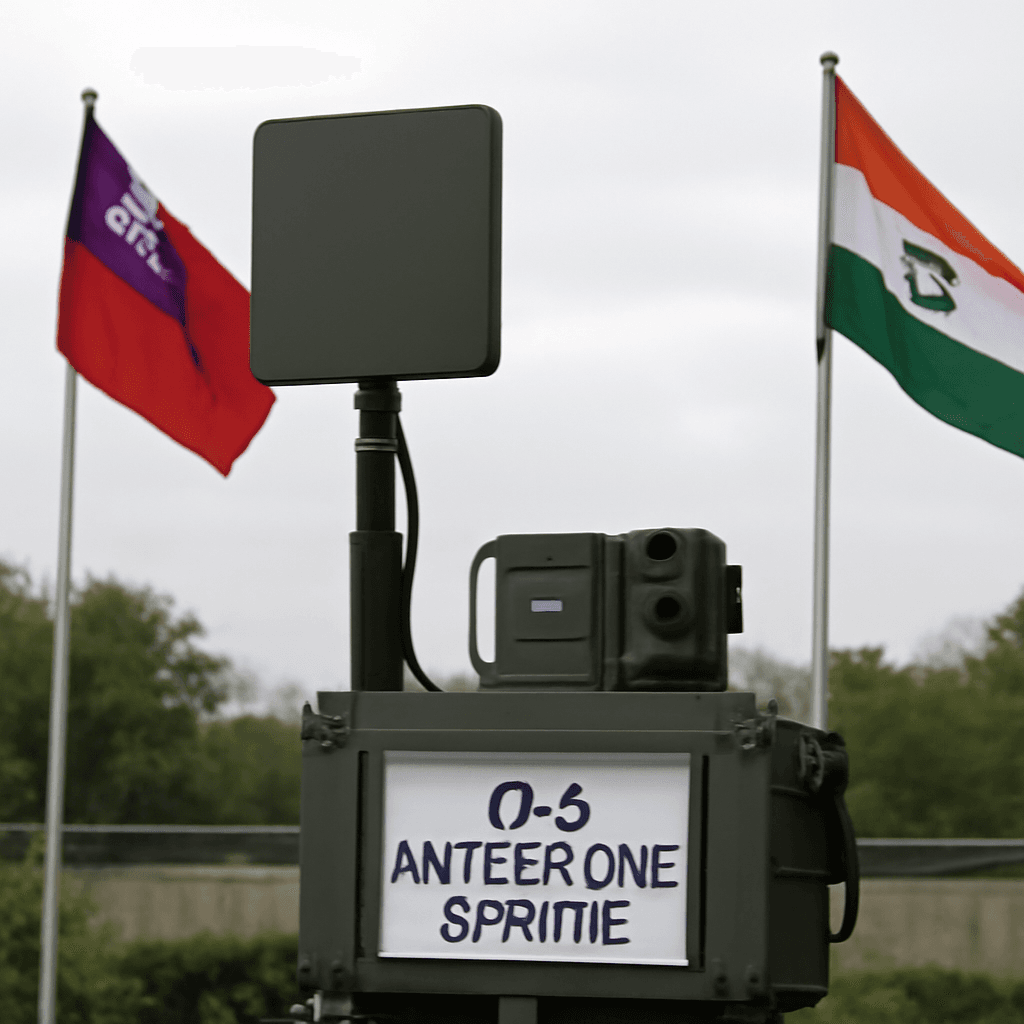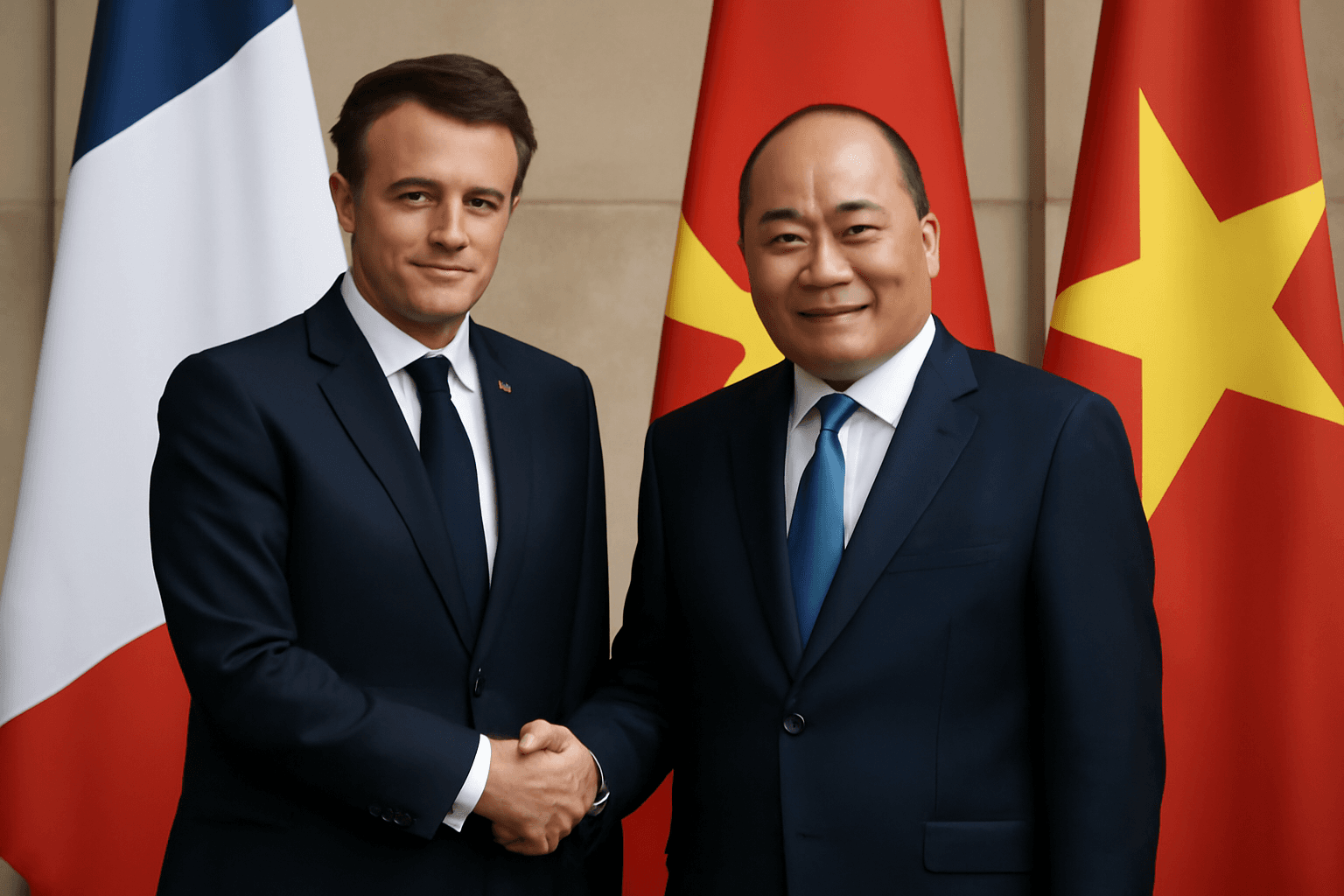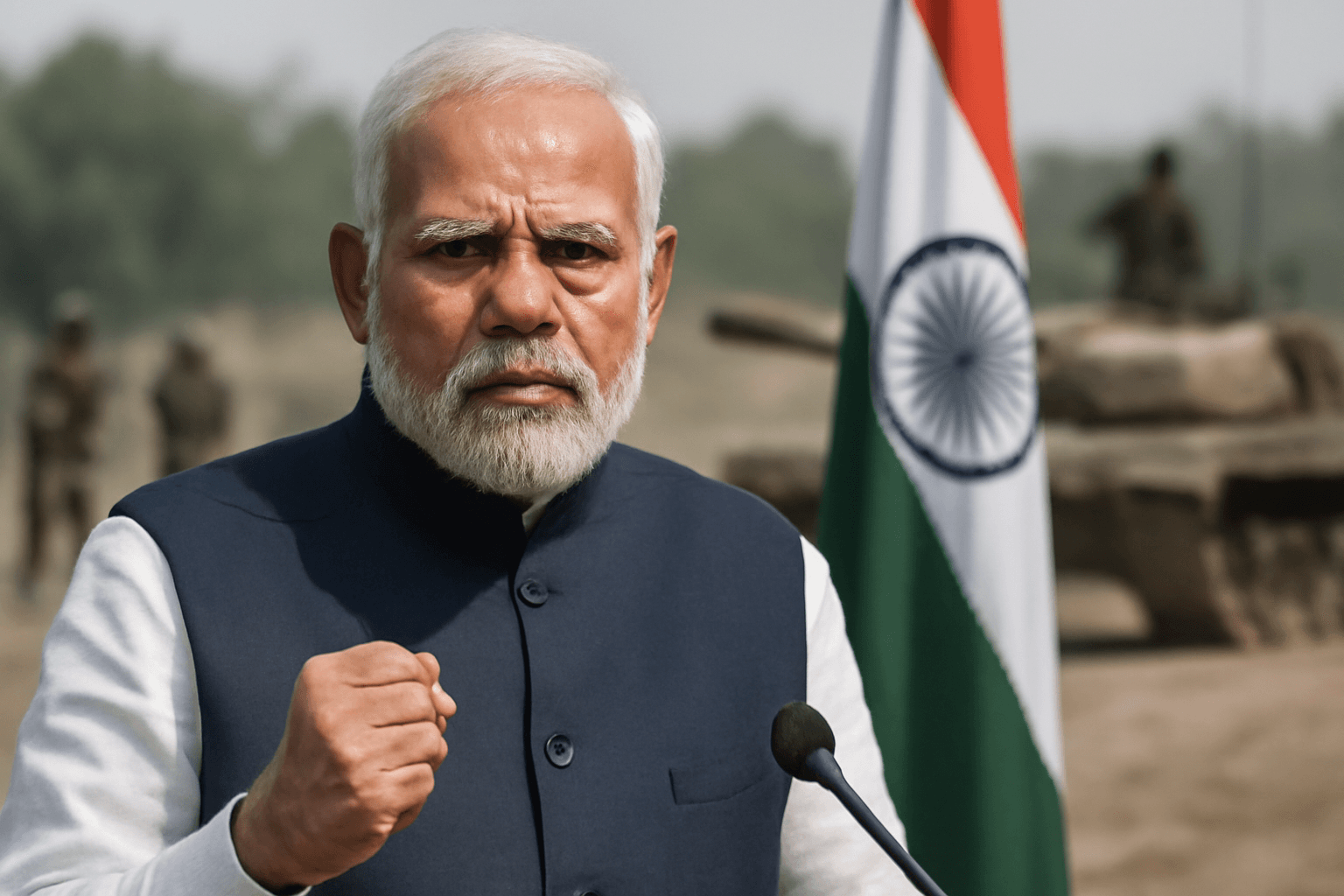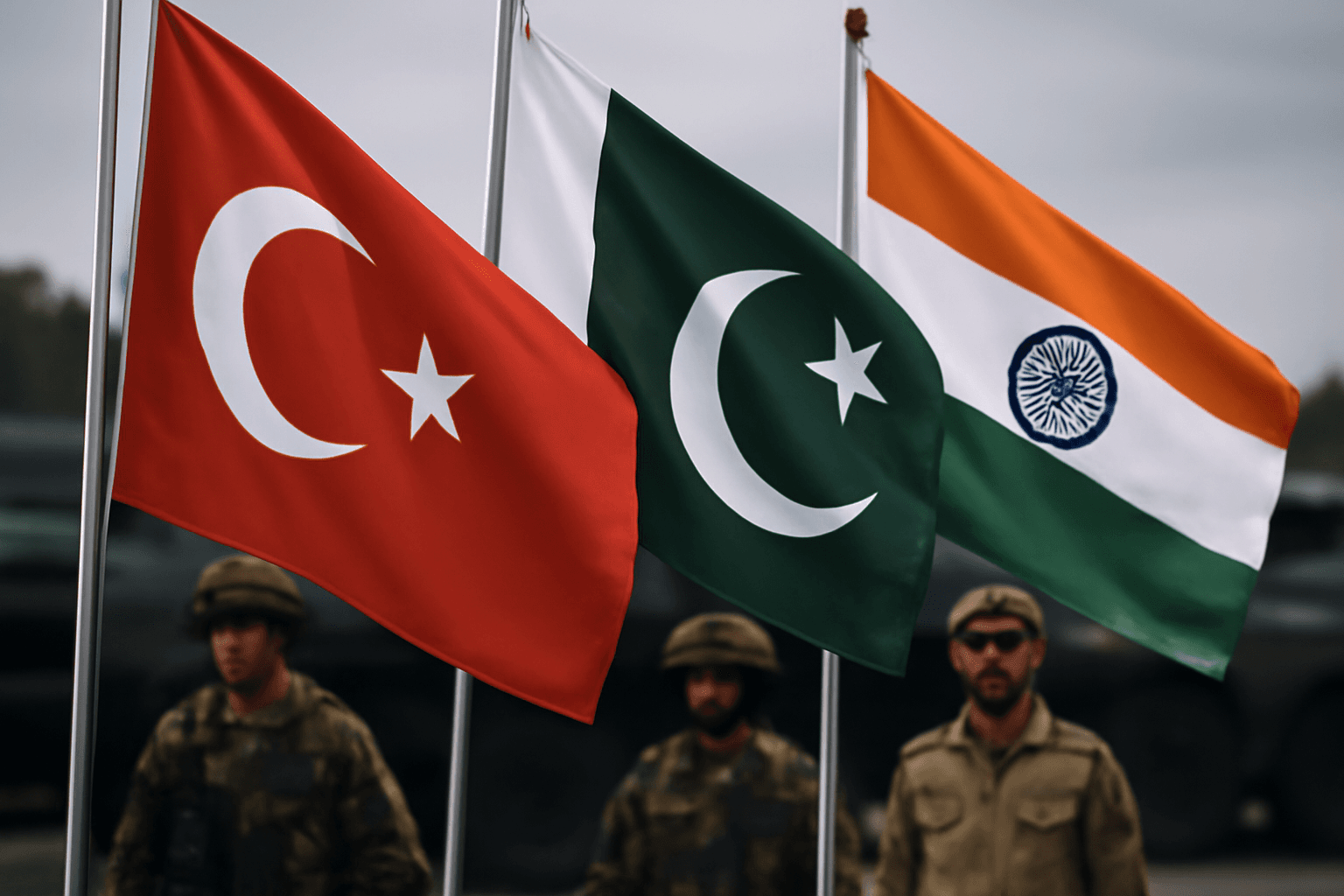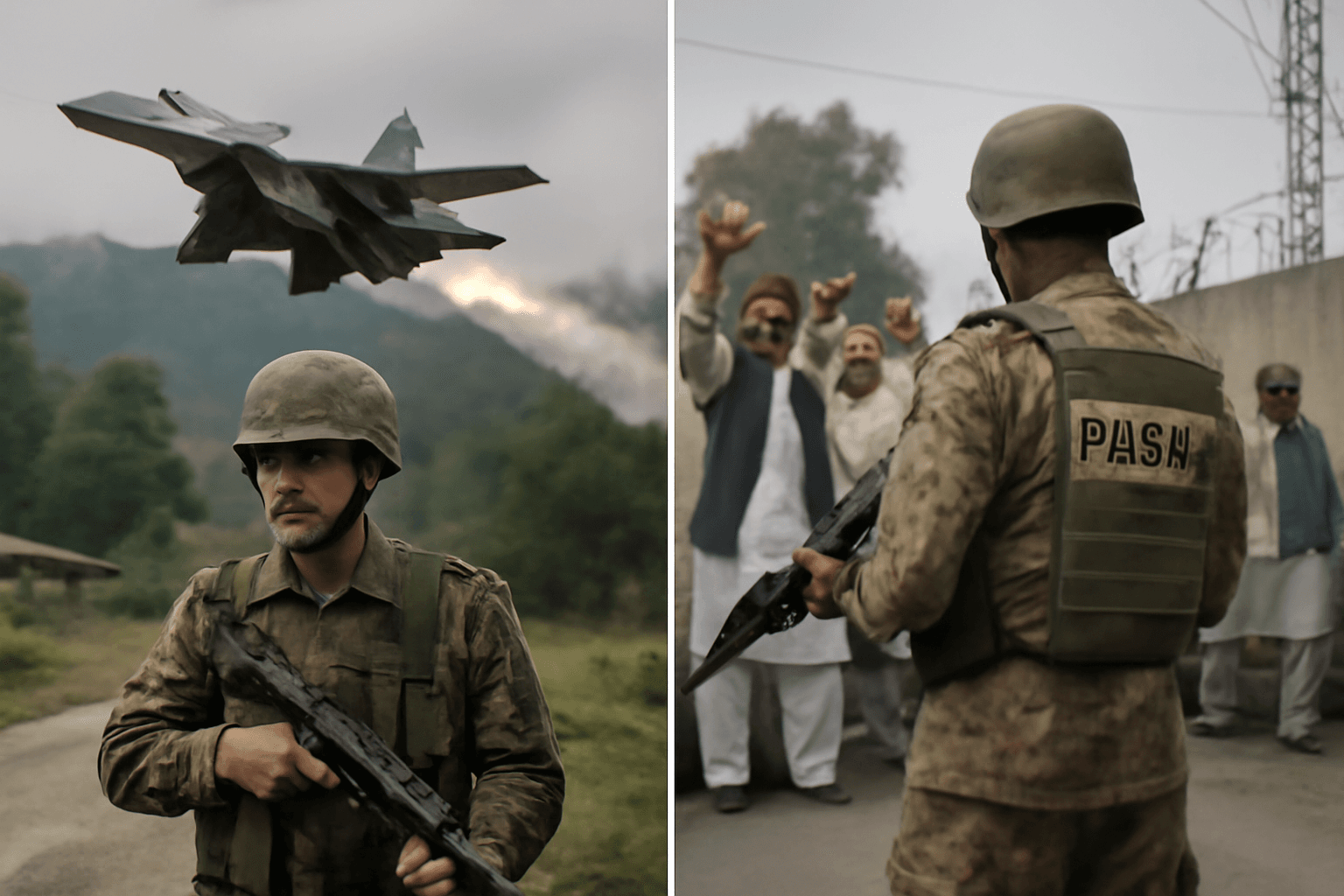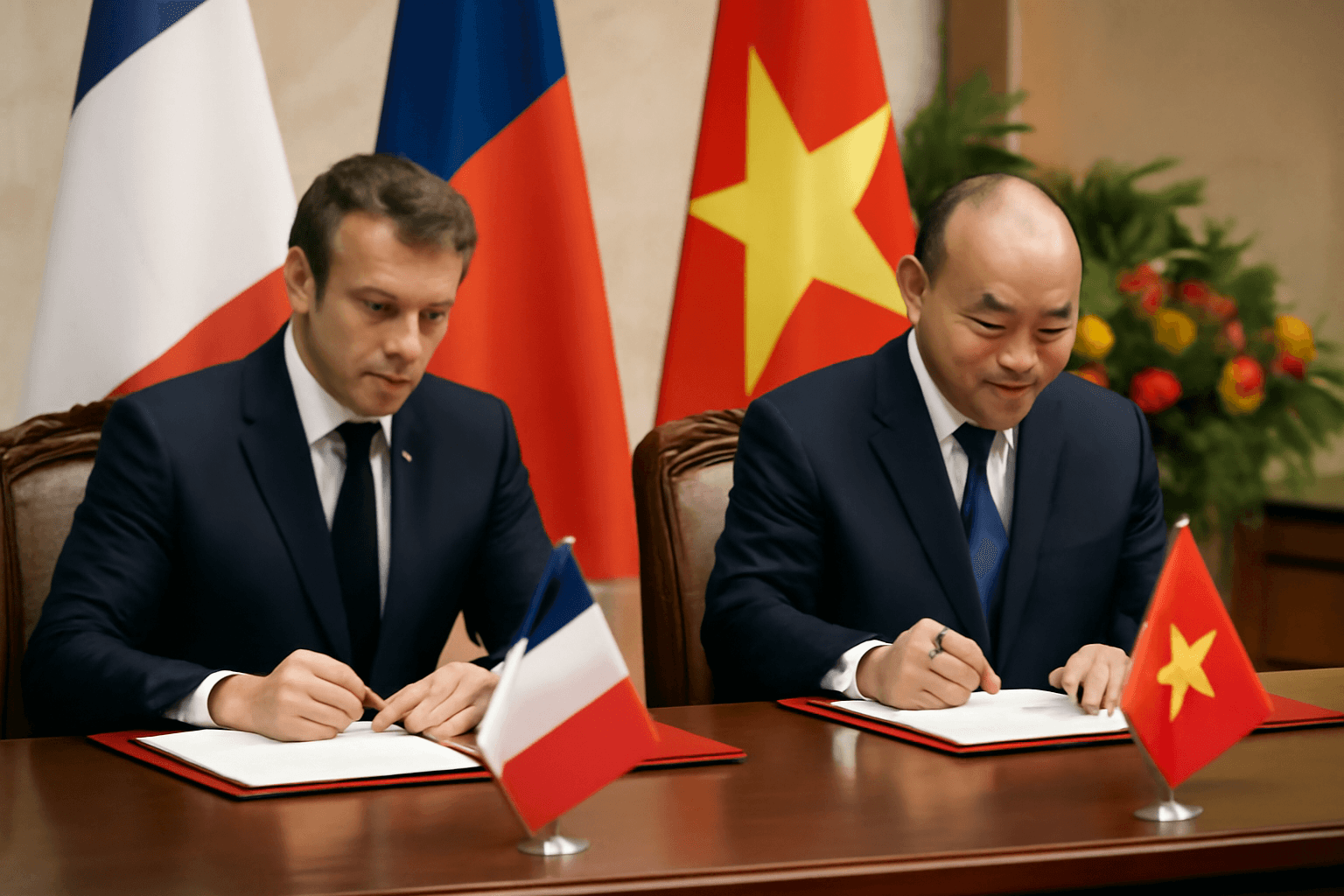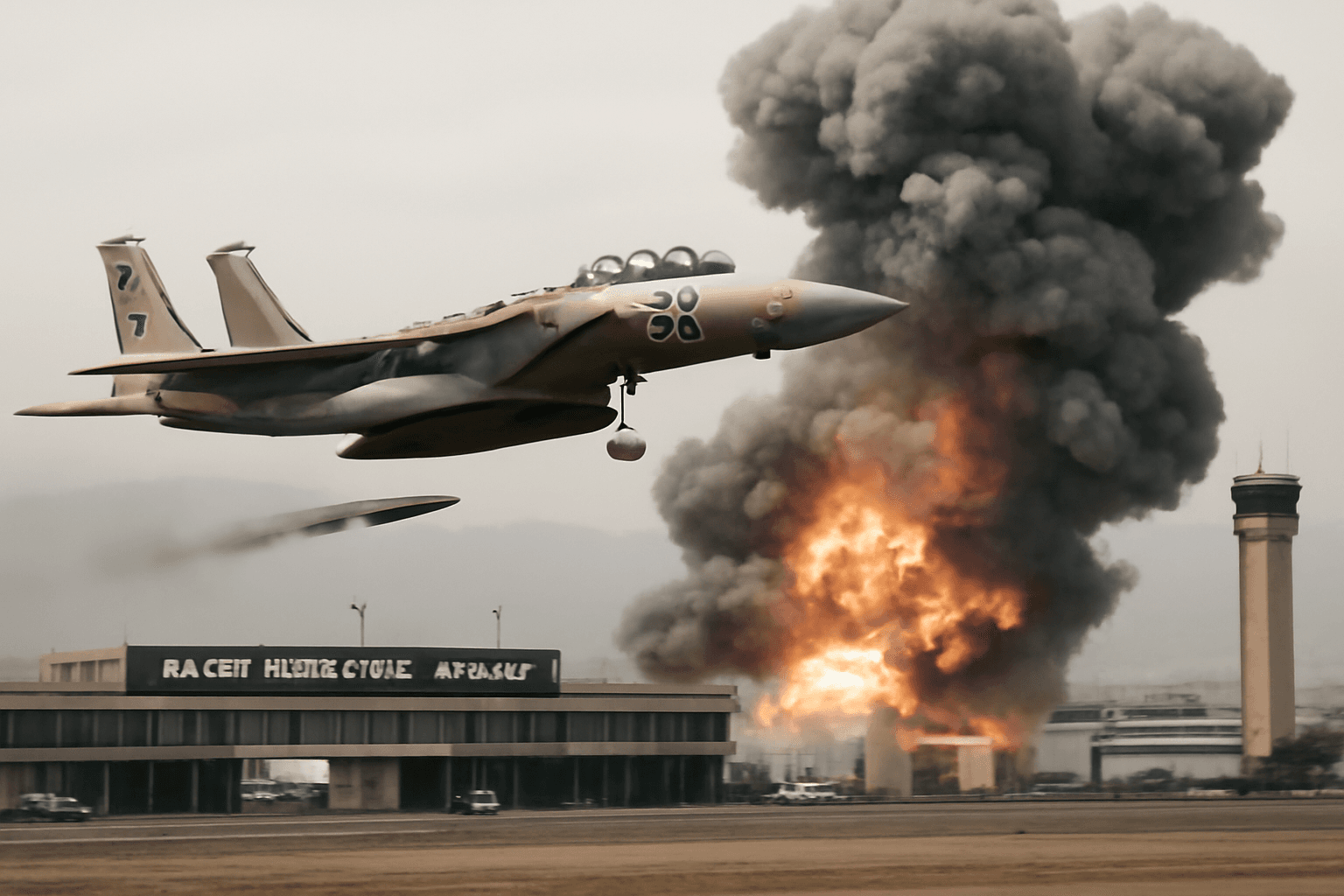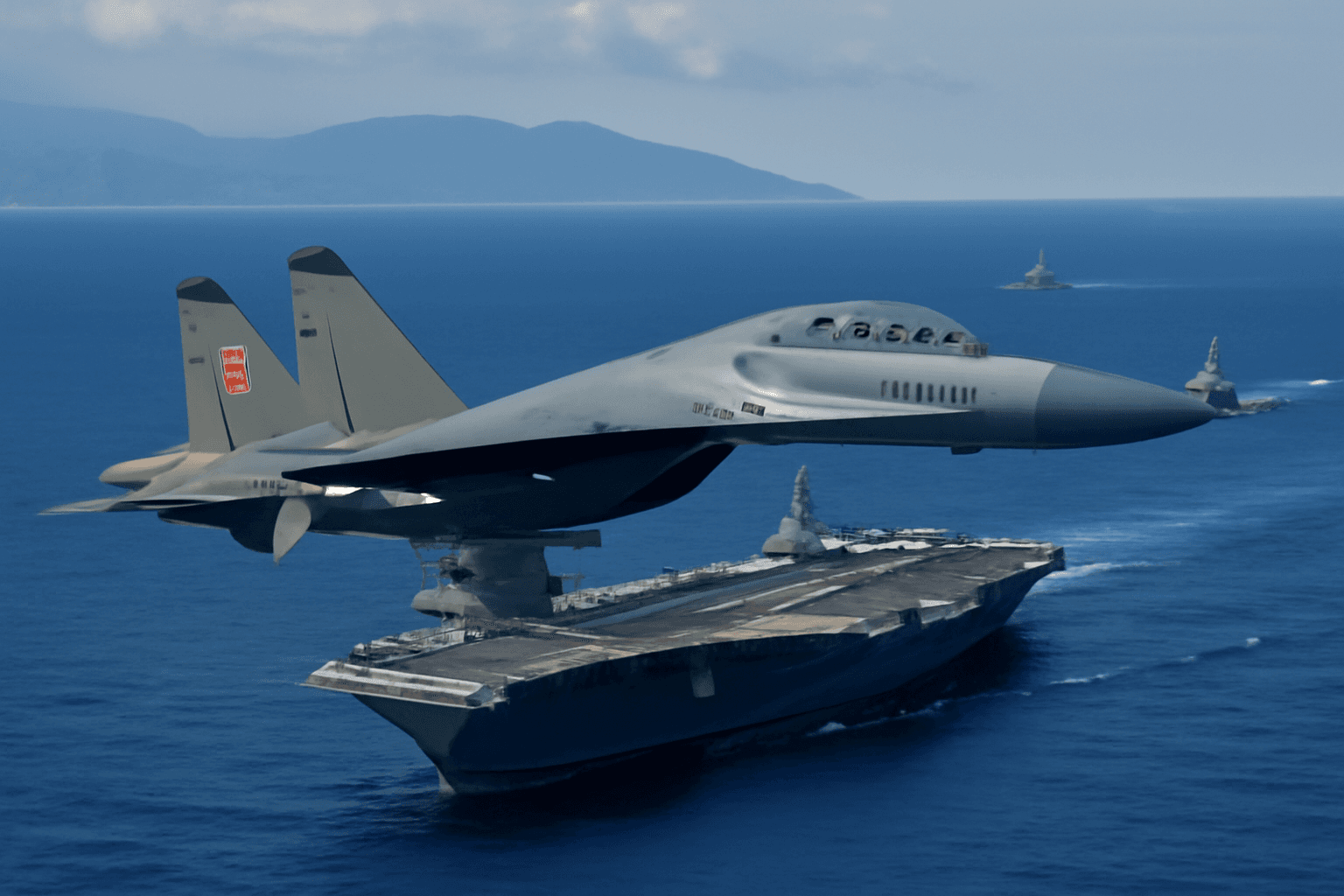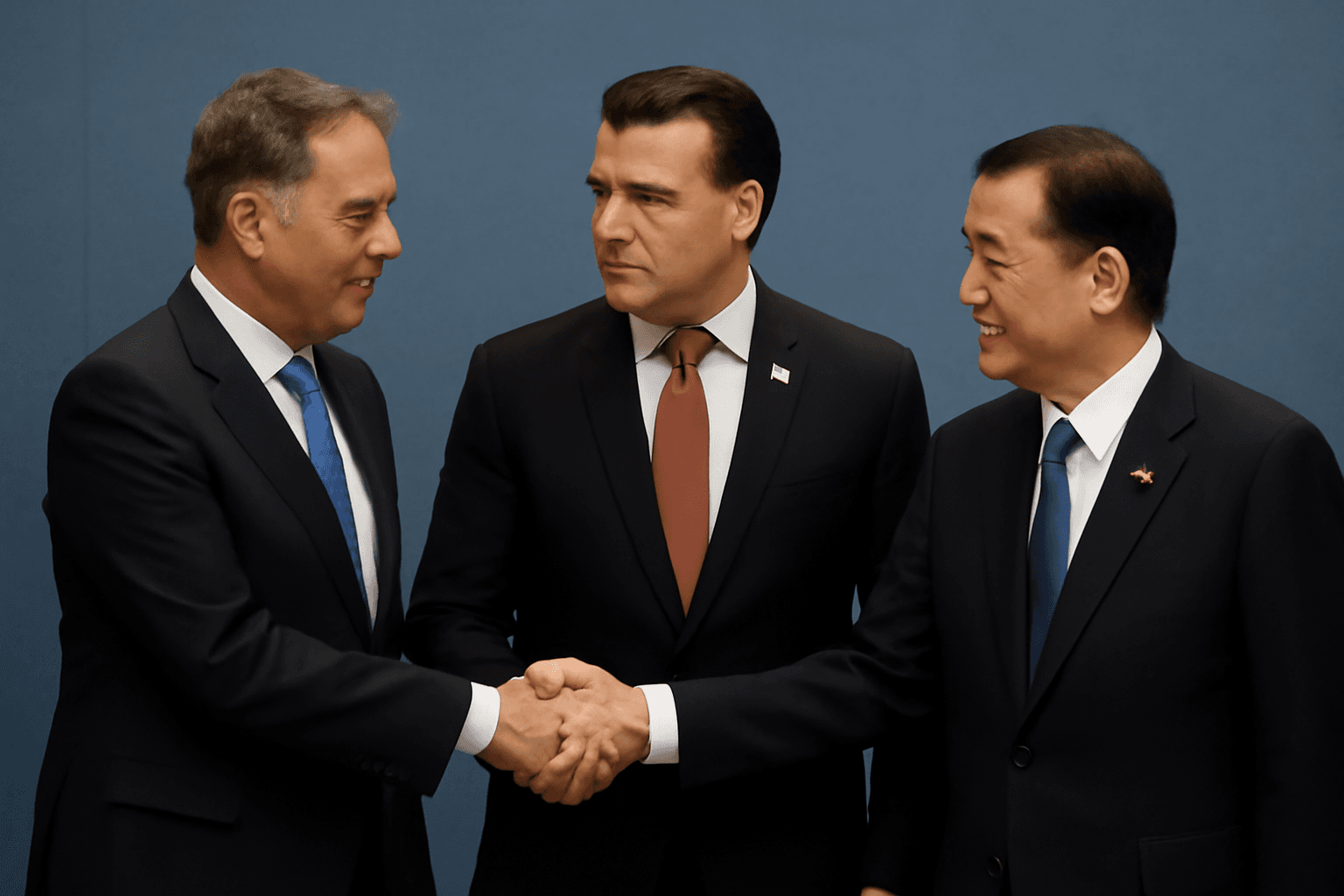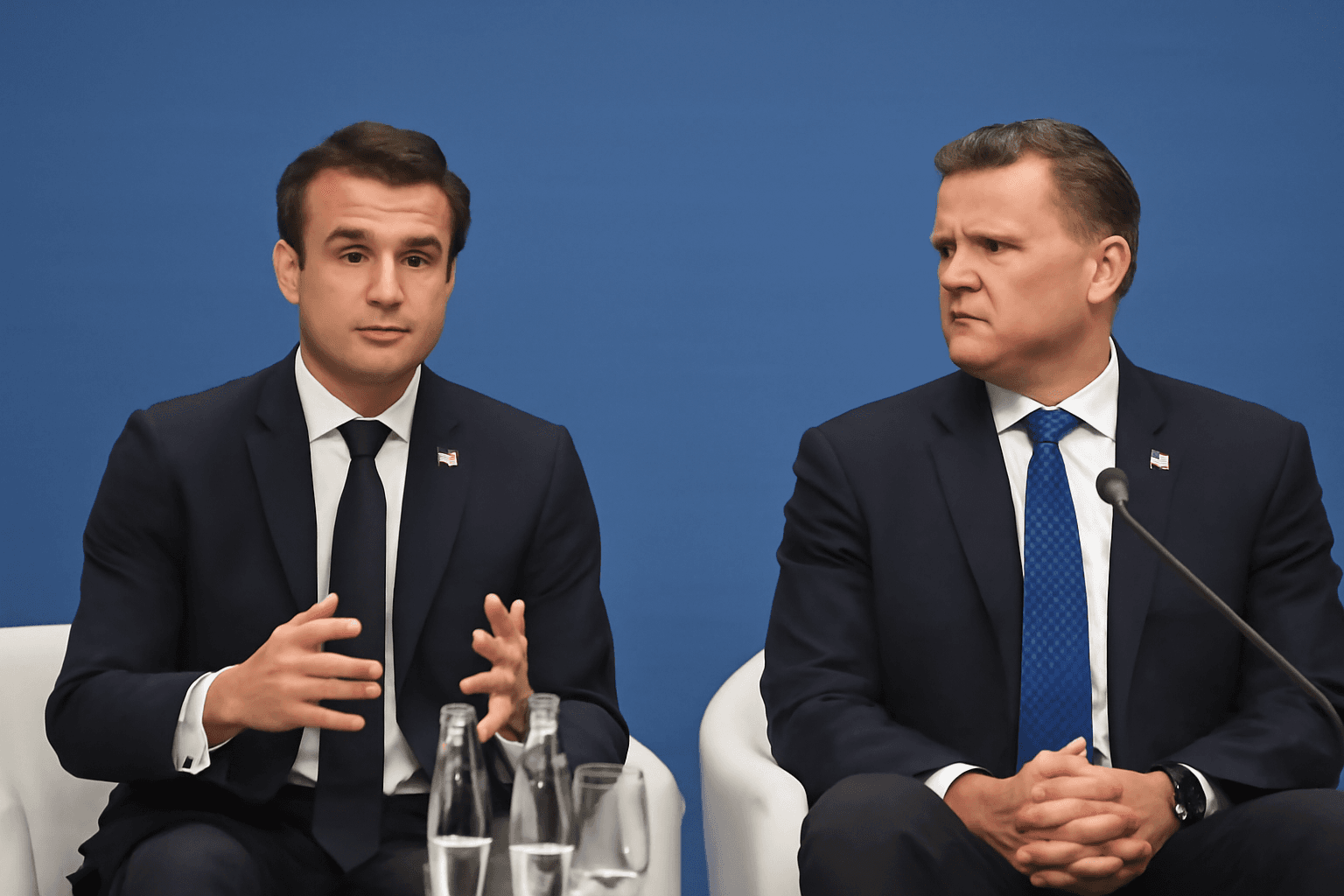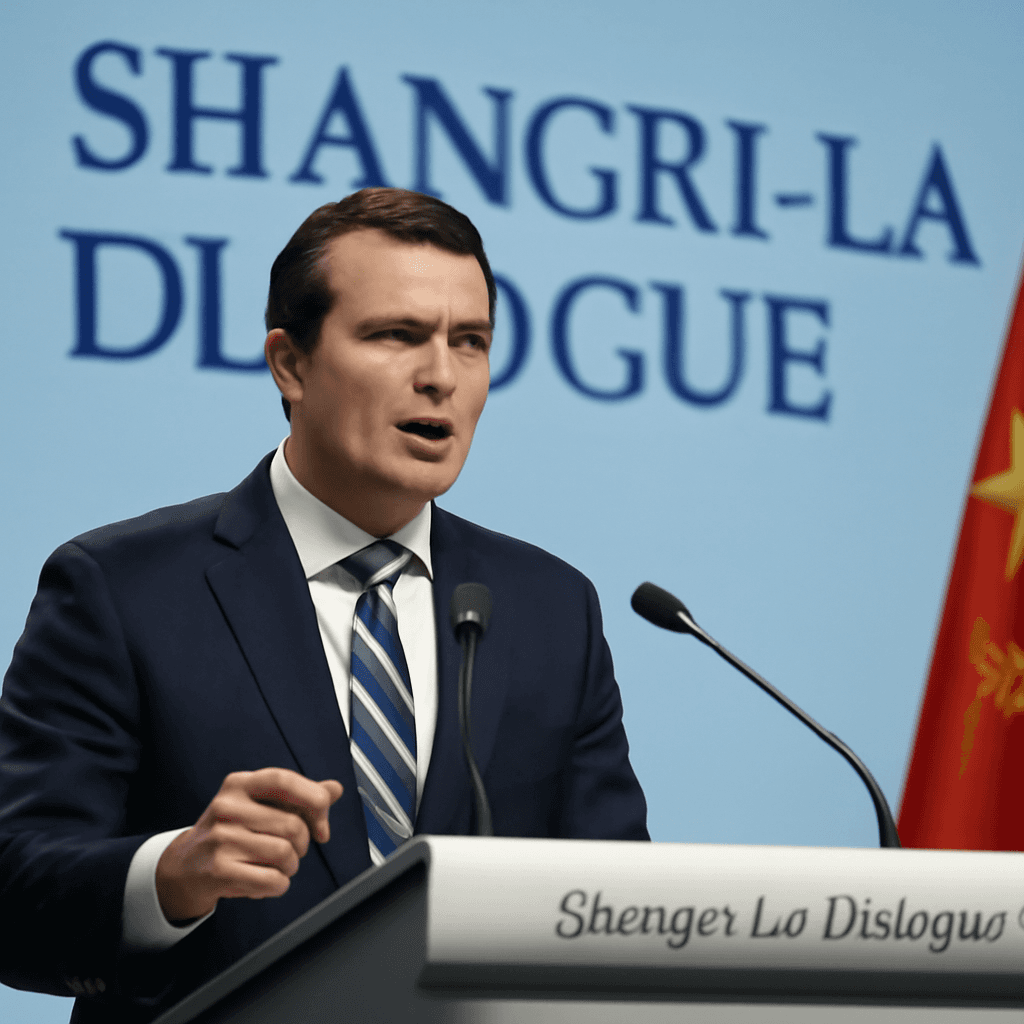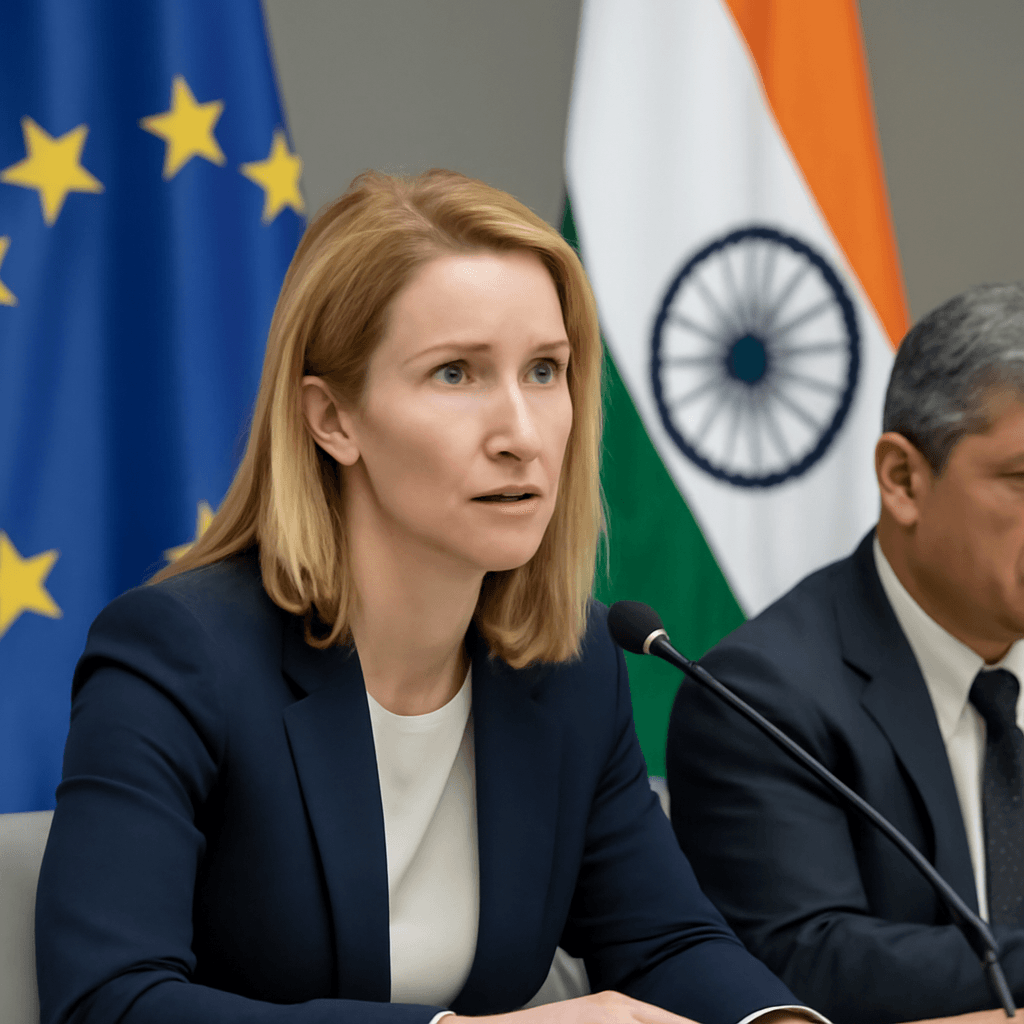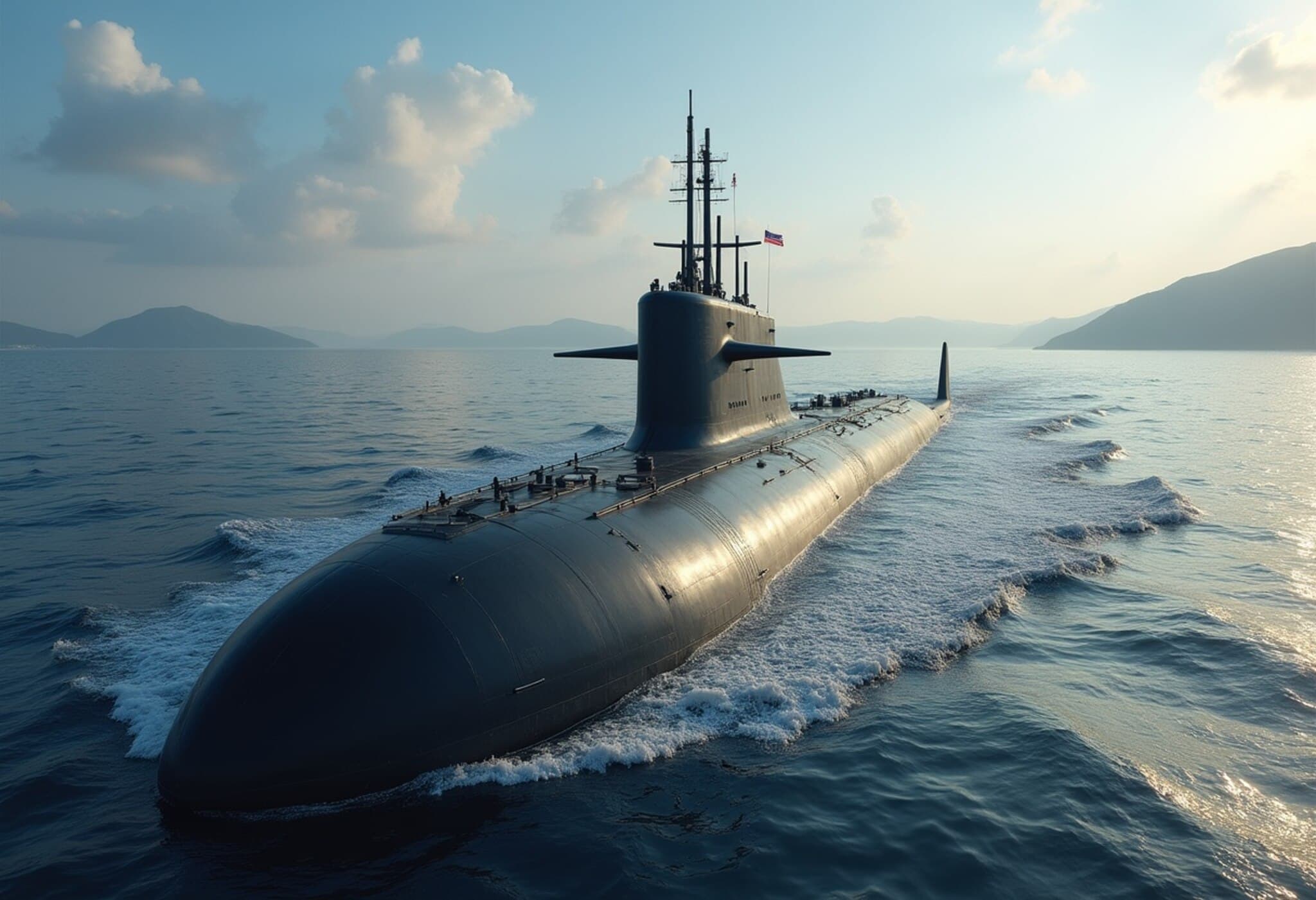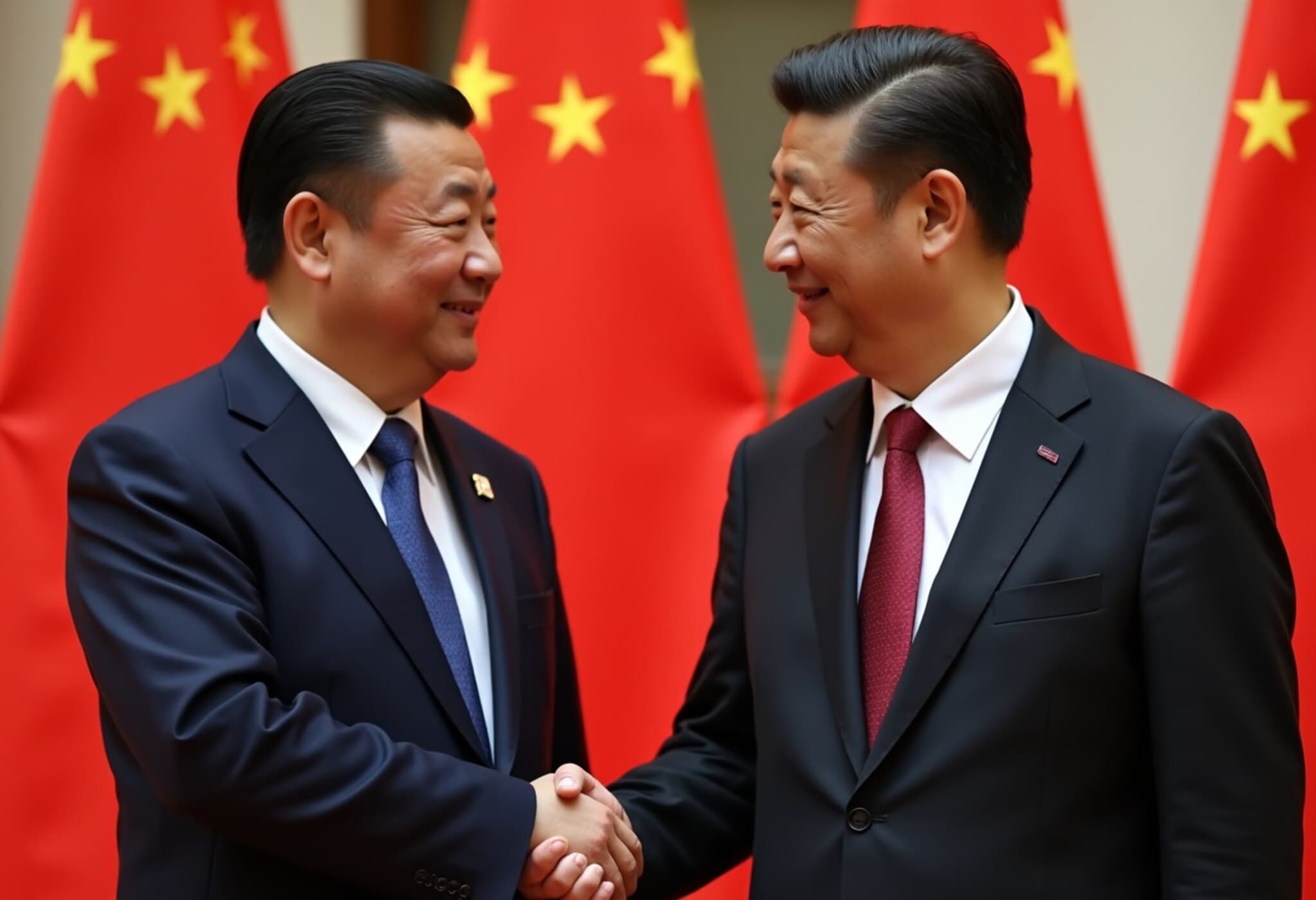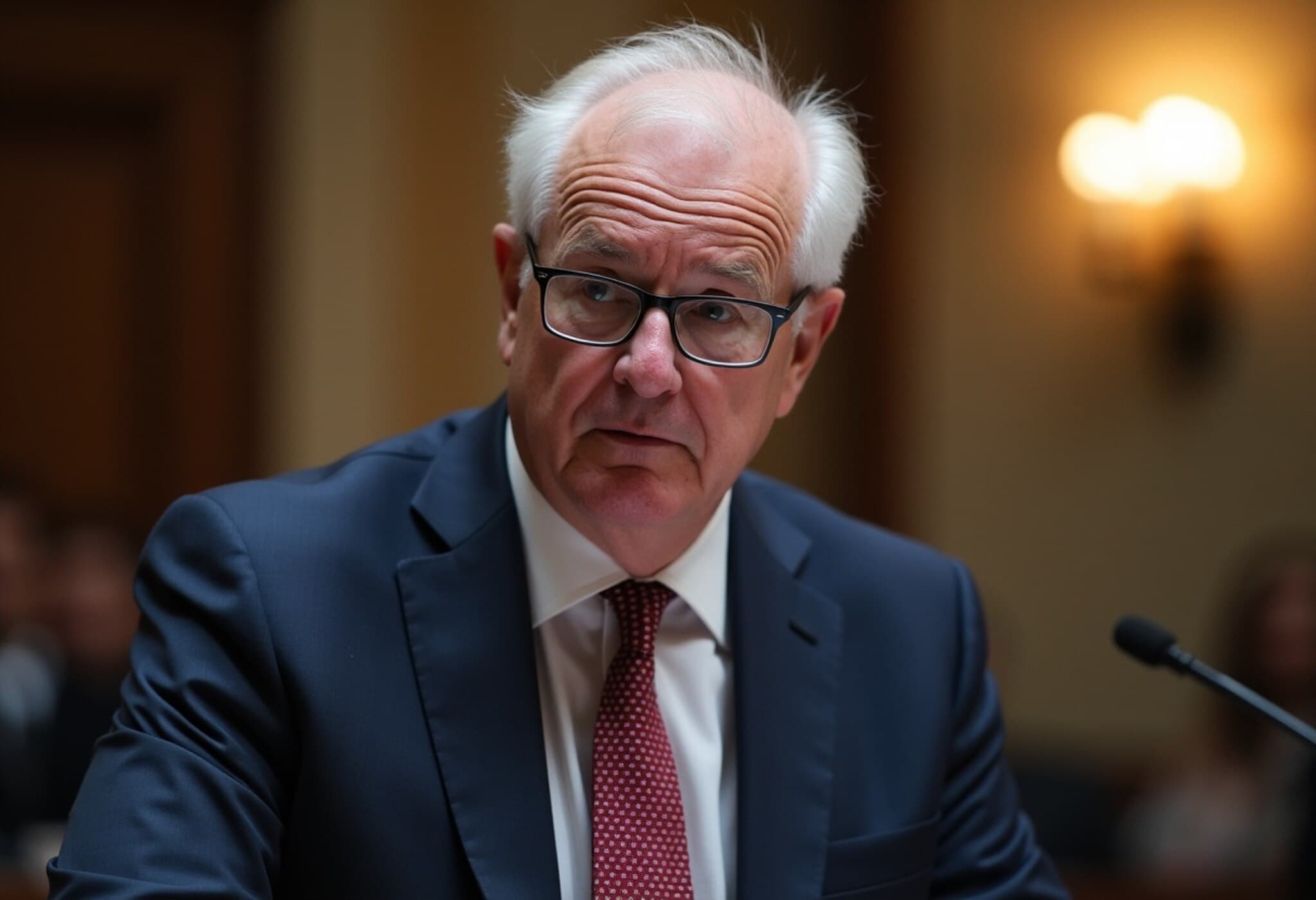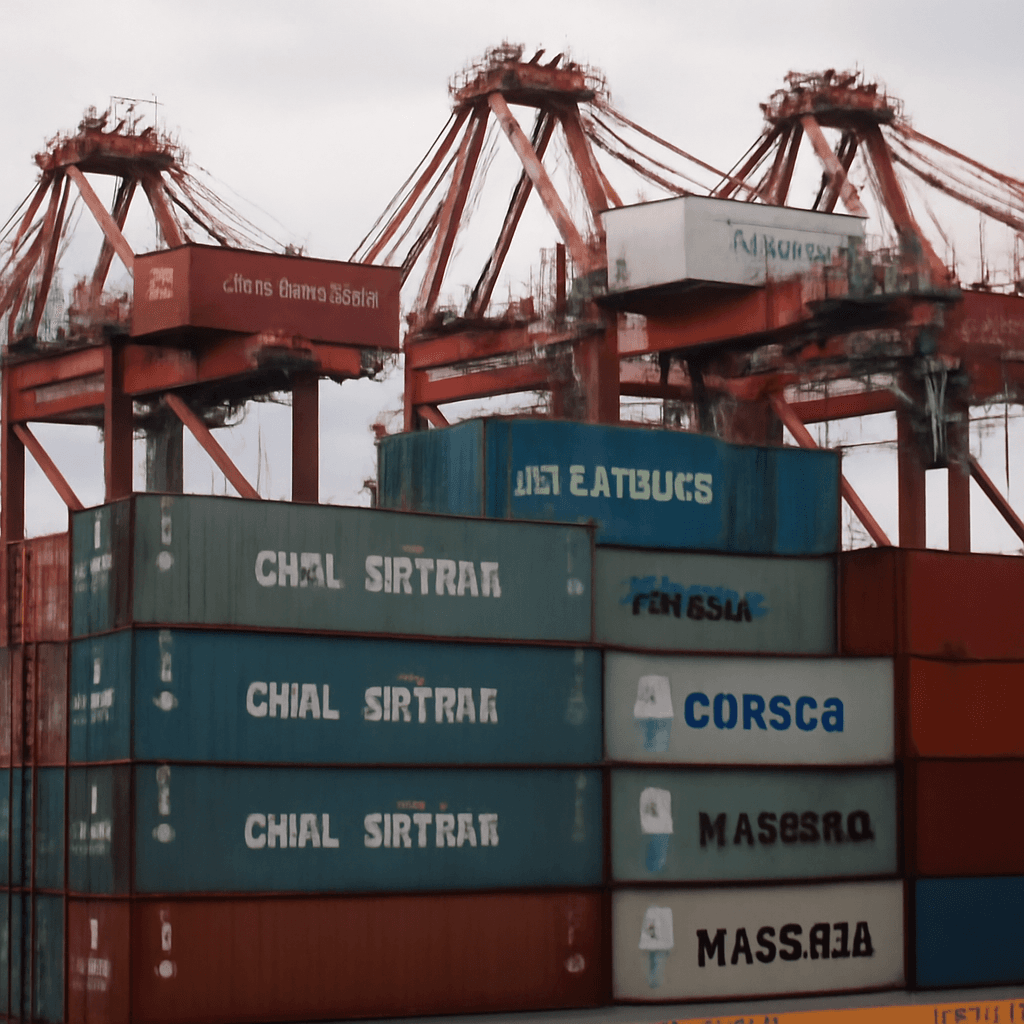Taiwan Clarifies Reports on Potential Acquisition of India's D4 Anti-Drone System
Recent media buzz suggested that Taiwan might be looking to purchase India’s advanced D4 anti-drone system. However, the Taipei Economic and Cultural Center (TECC) in India has stepped forward to clear the air, stating that no official confirmation has been made by the Taiwanese government.
Understanding the D4 System’s Rising Profile
India’s Defence Research and Development Organisation (DRDO), in partnership with Bharat Electronics Limited (BEL), developed the D4 anti-drone system. It gained attention following its capabilities demonstrated during Operation Sindoor, where drones— including Turkish-made Bayraktar TB2s reportedly used by adversaries—were effectively jammed and neutralised.
Official Statement from Taipei Economic and Cultural Center
Col. Huang Ming Chieh of TECC emphasized that while media reports have extensively covered Taiwan’s rumored interest, the Taiwanese Ministry of National Defense has not publicly acknowledged any plans to procure the D4 system.
“The Taiwanese government has not released any statement confirming such interest or defense acquisitions from India, including the D4 anti-drone technology,” stated Col. Huang.
The TECC further noted that details regarding the D4 system's deployment and its operational success remain unconfirmed by Indian official sources and have so far come only from media coverage.
Implications of India-Taiwan Defence Relations
Should such a defence deal materialize, it could pave the way for deeper collaboration between India and Taiwan, particularly in developing advanced counter-drone technologies. Against the backdrop of China’s growing assertiveness in the Indo-Pacific, enhanced India-Taiwan security ties could significantly influence regional stability.
Looking Ahead
For now, the reports remain unverified by Taiwanese authorities. As the geopolitical chessboard evolves, enthusiasts and experts alike will be watching closely for any developments regarding India's anti-drone technology and its potential role in Taiwan’s defense strategy.

